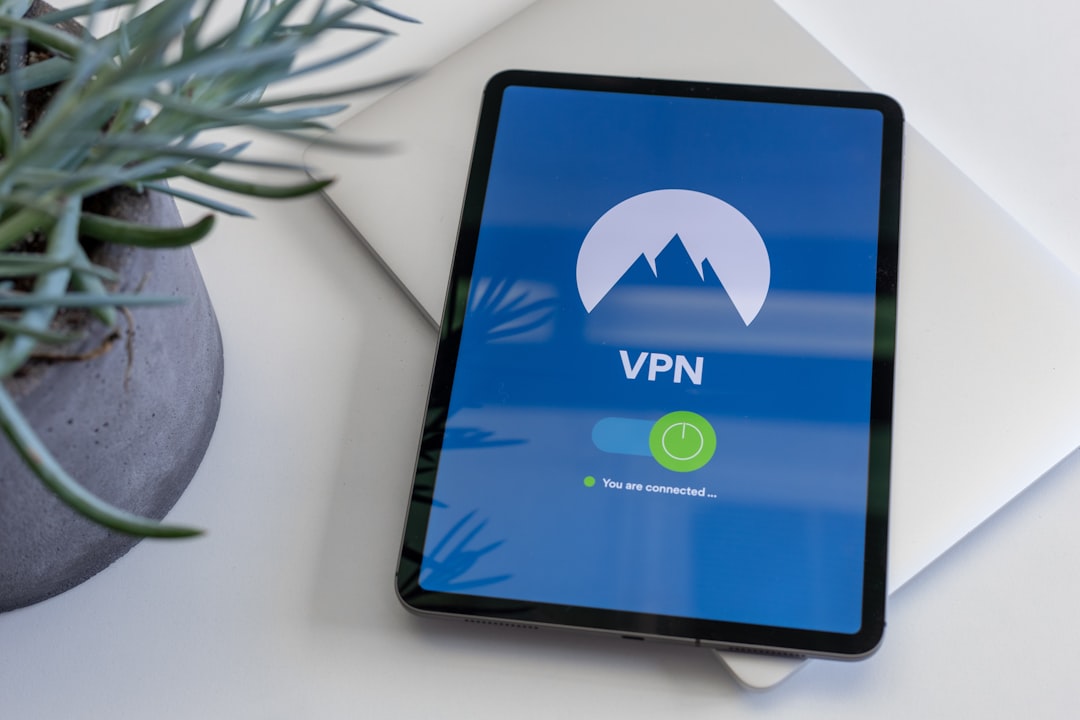Accessing campus resources securely from off-campus locations is increasingly important for students, faculty, and staff at North Carolina State University (NCSU). Whether working from home, collaborating remotely, or traveling internationally, a Virtual Private Network (VPN) ensures secure communication between your device and university services. In 2025, NCSU has streamlined the process of setting up and using its VPN, making it easier than ever to stay connected safely.
Table of Contents
What Is the NCSU VPN?
The NCSU VPN allows remote users to connect to the university’s internal network over an encrypted connection. This makes it possible to access campus-only services such as library databases, shared drives, research servers, or software licensing tools safely and efficiently.
By routing your traffic through NCSU’s secure servers, the VPN creates a secure “tunnel” that protects your data from various online threats, while also verifying your identity with multifactor authentication (MFA).
How to Set Up the NCSU VPN in 2025
Follow the instructions below to set up and configure your VPN access:
-
Download the Cisco Secure Client:
- Go to the official NCSU Office of Information Technology (OIT) website.
- Navigate to Software Licenses and select Cisco Secure Client for VPN.
- Choose the appropriate download for your operating system (Windows, Mac, or Linux).
-
Install the Client:
- Follow on-screen prompts to install the software.
- You may need to grant administrator permissions during installation.
-
Configure the VPN Connection:
- Open the Cisco Secure Client application.
- Enter the server address: vpn.ncsu.edu.
- Save this entry and click “Connect.”
-
Authenticate with Duo:
- When prompted, enter your Unity ID and password.
- You will be asked to complete Duo multifactor authentication through push notification, passcode, or phone call.
-
Connect Automatically (Optional):
- You may configure the client to connect automatically when your device starts up or when a secure connection is needed.

Using the VPN for Accessing Campus Resources
Once connected, your device behaves as though it’s on-campus. From here, you can:
- Access secure NCSU services that are restricted to campus locations.
- Connect to shared departmental drives and resources.
- Use libraries’ online subscriptions to journals, archives, and academic databases.
- Activate and authenticate university software licenses that require a campus IP.
It’s important to disconnect from the VPN when you no longer need access to these services, as this can conserve bandwidth and maintain performance.
VPN Troubleshooting Tips
If you encounter issues, here are a few things to try:
- Verify your credentials — Ensure your Unity ID and password are correct.
- Update Cisco Secure Client — Regularly check for client updates via the OIT website.
- Disable conflicting software — Some antivirus tools block VPN connections; update settings if necessary.
- Try different networks — If you’re on public Wi-Fi, consider switching to a different network.

Best Practices for Secure VPN Usage
To ensure safety while using the NCSU VPN:
- Use strong passwords and change them regularly.
- Only connect to the VPN when necessary to avoid unnecessary traffic through the secure tunnel.
- Log out from shared devices to prevent unauthorized access.
- Keep your operating system and applications updated for security patches.
Frequently Asked Questions (FAQ)
-
Q: Is the NCSU VPN free to use?
A: Yes, the VPN service is available at no cost to students, faculty, and staff with a Unity ID. -
Q: Can I use the VPN on my phone or tablet?
A: Absolutely. The Cisco Secure Client is available from major app stores for both iOS and Android devices. -
Q: What if Duo isn’t working when I try to connect?
A: Ensure your device has internet access and that notifications from Duo are allowed. If issues persist, contact the NCSU Help Desk. -
Q: Do I have to be connected to the VPN all the time?
A: No. Only use the VPN when accessing NCSU resources that require campus-level authentication. -
Q: Who can I contact for help with VPN issues?
A: You can reach out to the NCSU Office of Information Technology Help Desk via email or phone. Their support information is available on help.ncsu.edu.
With the right setup and a secure connection, accessing NCSU’s resources remotely is easier and safer than ever in 2025.
